Community of Practice || Expedition Documentation Panels
Expert Example
When our community of practice group first got together we knew documentation panels provided an overview of expedition topics, displayed student aligned final products and thinking, and inspired other crews’ work. However, documentation panels are often teacher-led and completed at the end of a unit. Documentation panels are the process of highlighting and sharing student work within the community, which has the potential to greatly impact student investment as well as a sense of pride in their accomplishments. Most of our group members, however, thought that documentation panels could be utilized in both a more intentional, practical and student-led way. We wanted students to take more initiative on the panels and improve the consistency of format among crews. We also wanted documentation panels to be an authentic reflection of the entire expedition process. After our initial discussion, we decided that taking a closer look at the research, process and the why, then creating a deliberate and uniform way would invest our school community in their learning even more.
In each expedition, students gain expert knowledge of a topic through a variety of curricular experiences. These experiences include:
Building background knowledge through informational texts
Conducting additional research to build new specialized knowledge
Field study visits to local sites relevant to the expedition topic
Visits from expert speakers, who provide firsthand experience and expertise
The writing process, in which students create their written final product by producing multiple drafts and incorporating teacher and peer feedback
In reimagining our documentation panels, one of our primary goals was to ensure that each panel reflected all of the above experiences, in order to present the full scope of the students’ learning process. Additionally, we emphasized the importance of the writing process sub-panel to include not only the final product, but the earlier drafts as well. We believe that planning and revision are crucial components of the writing process, and we want to ensure that our documentation panels reflect every stage of students’ creative process.
Since the documentation panels have always been more of a teacher's responsibility, we wanted to find a way to incorporate student ownership in the process. To do this we developed a common design for the documentation panels to be used across all grade-levels. We accomplished this by creating unified labels and assigning a color code to categorize collected evidence (for each case study) as well as student work examples for each panel. This way students in all grades can gather and organize their artifacts from each expedition onto their panels easily and with practice, internalize the process leading to a thorough presentation of their learning for the school community. Next school year we will start assigning student groups to produce the documentation panels on their own. This allows for the panels to be fully student-led and more authentic to their own learning experience.
As a school, we are always trying to improve our reflections on our work, and documentation panels have always been a great way to display and reflect on our crew’s efforts. By incorporating a standard format for the panels they became more unified across the school, allowing others’ to easily understand the panels’ content from crew-to-crew. With students being the leaders of the panels, the panels themselves became a more honest reflection of the class’s work. Authentic reflection not only gives students’ a sense of pride over their work, it also helps us find ways to improve our efforts in the future.




